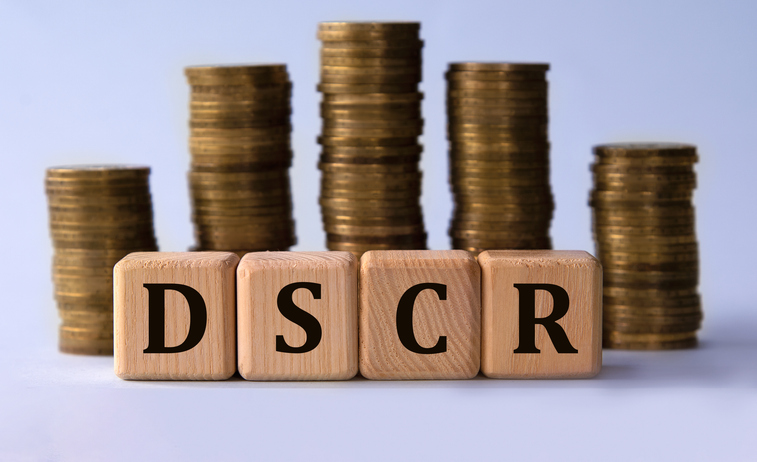What is a DSCR Loan?
A Debt Service Coverage Ratio (DSCR) loan is a financing option specifically designed for real estate investors. Unlike traditional loans that focus on your personal income, DSCR loans are approved based on the cash flow generated by the property you’re financing.
The key figure here is the DSCR, which is calculated by dividing the property’s annual net operating income (NOI) by its annual mortgage payments (including both principal and interest). This calculation shows the property’s ability to cover its debt.
DSCR loans are a great solution for investors who earn variable income or don’t qualify for traditional loans but own properties with solid rental income. Essentially, the lender evaluates the property’s financial performance instead of your personal financial situation.
The Upsides and Downsides of DSCR Loans
DSCR loans provide an appealing pathway for real estate investors by simplifying the approval process and focusing on property income. However, these loans often have higher costs and additional risks. Below are the main pros and cons to consider.
Pros of a DSCR Loan
- Focus on Rental Income: Approval is based on property cash flow, making it ideal for investors with high-performing properties but lower personal income.
- Easier Qualification: Since the loan is tied more to the property’s performance, borrowers face fewer personal financial requirements, which can make the application process simpler.
- No Personal Income Verification: Some DSCR loans don’t even require proof of personal income, making them particularly attractive to self-employed individuals or those with fluctuating earnings.
- Flexible for Investors: These loans allow real estate investors to bypass traditional loan criteria, making it simpler to acquire or refinance rental properties.
- Faster Approval Times: Because lenders focus on the property’s income instead of the borrower’s personal finances, DSCR loans can be approved more quickly than traditional mortgages.
Cons of a DSCR Loan
- Higher Interest Rates: Expect to pay more in interest compared to conventional loans due to the risks lenders take.
- Larger Down Payment: Most DSCR loans require bigger down payments to reduce the lender’s exposure to risk.
- Risk of Overleveraging: It’s easy to take on too much debt when qualifying is tied to rental income, which could lead to financial strain if not properly managed.
- Pressure on Property Performance: If the property’s income decreases, it could make covering loan payments difficult, potentially leading to financial trouble.
- Dependence on Rental Income: Loan amounts are directly tied to how much rental income the property generates, which could limit how much you can borrow.
A DSCR loan can be a game-changer for real estate investors, particularly those looking for an alternative to traditional loans. However, it’s important to carefully weigh the pros and cons. While the flexibility and ease of approval are attractive, higher costs and risks tied to property performance need to be considered before committing to this financing option.






